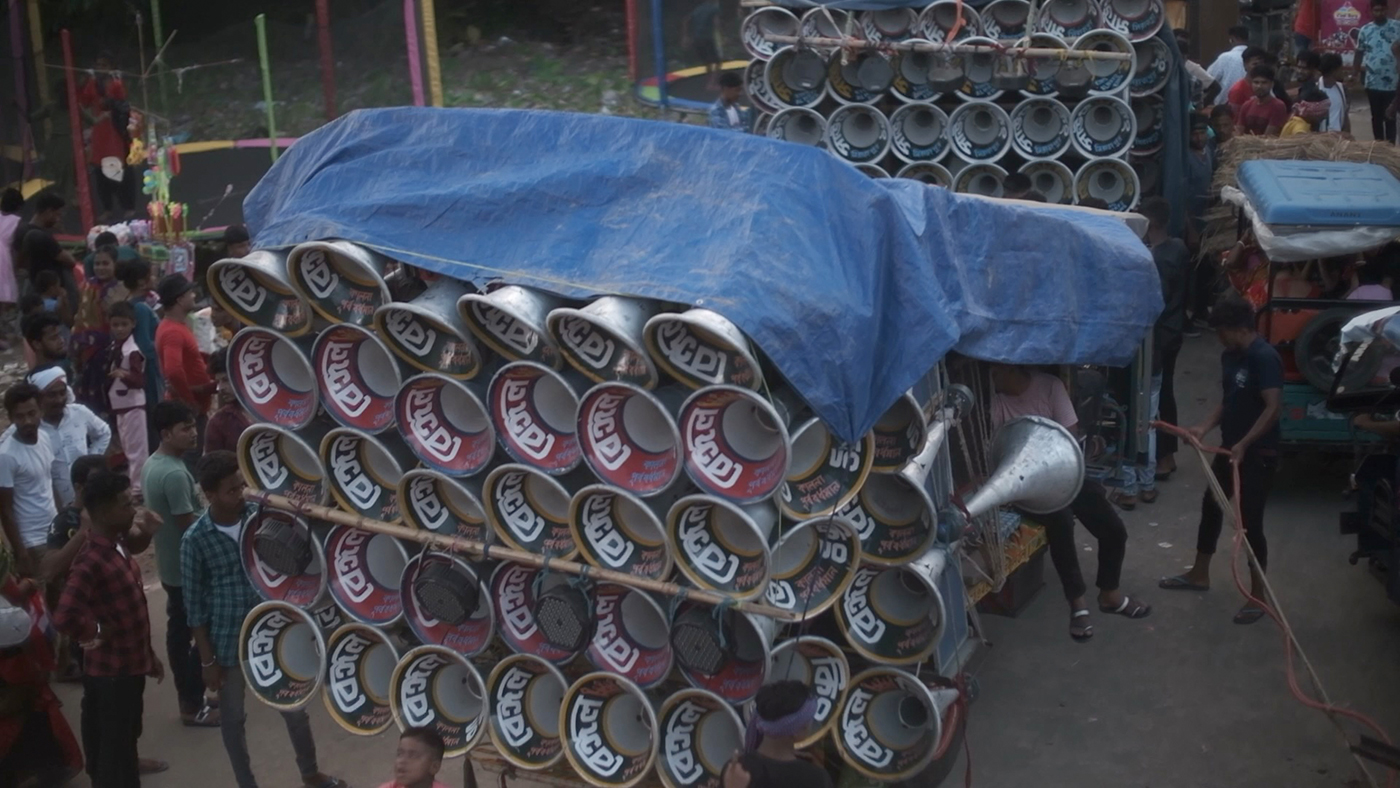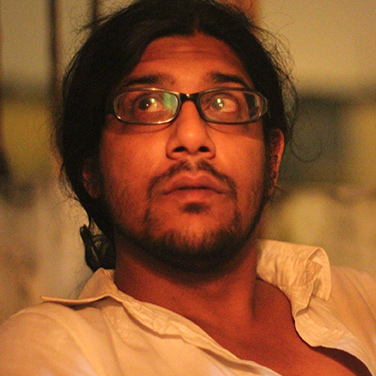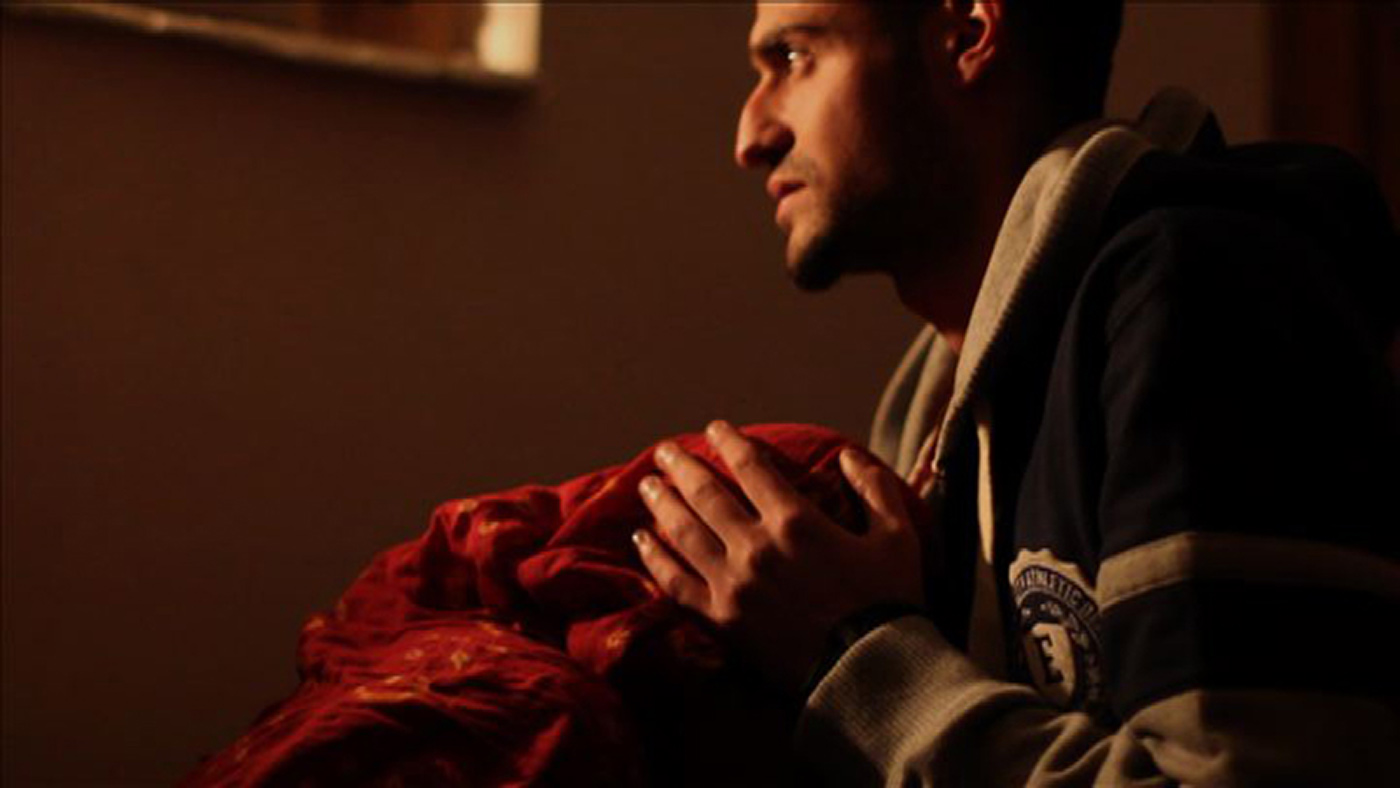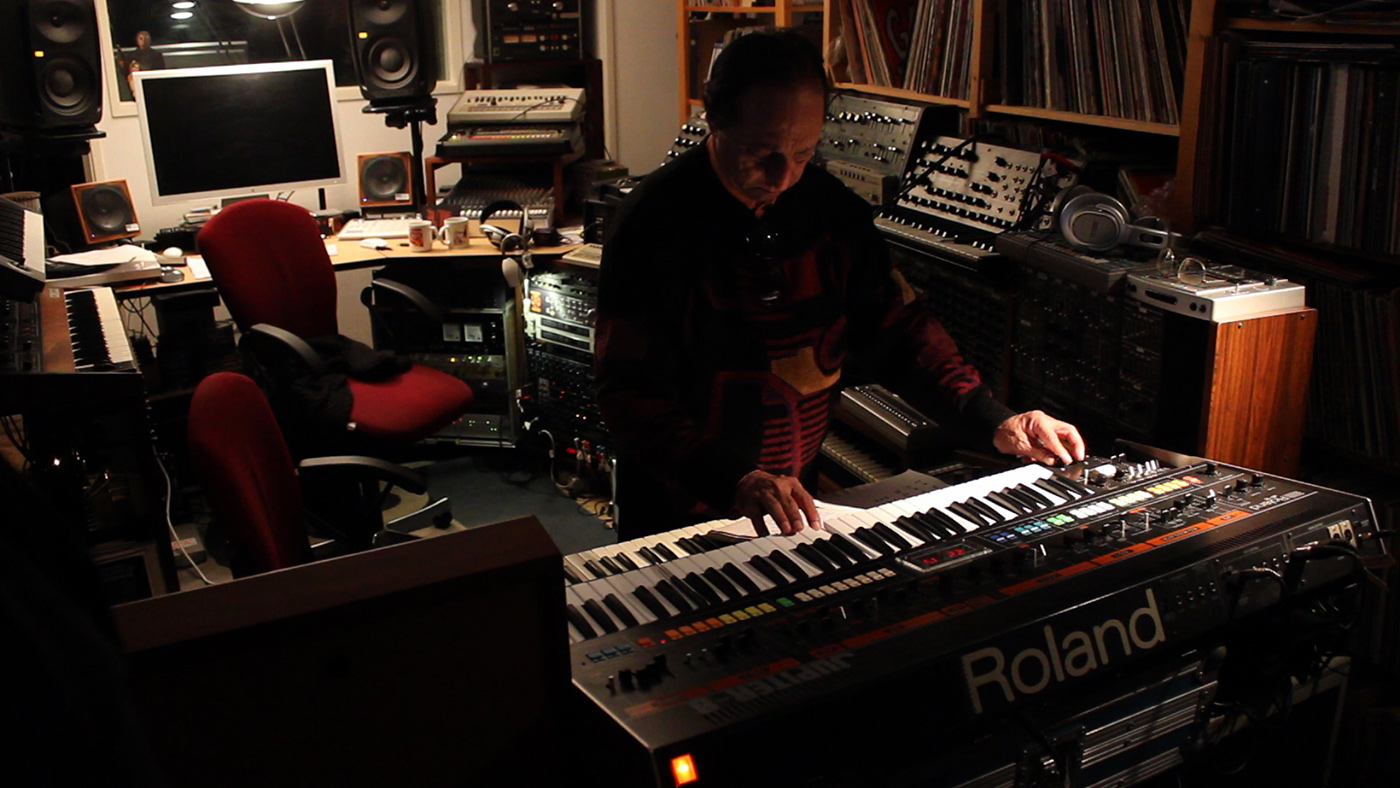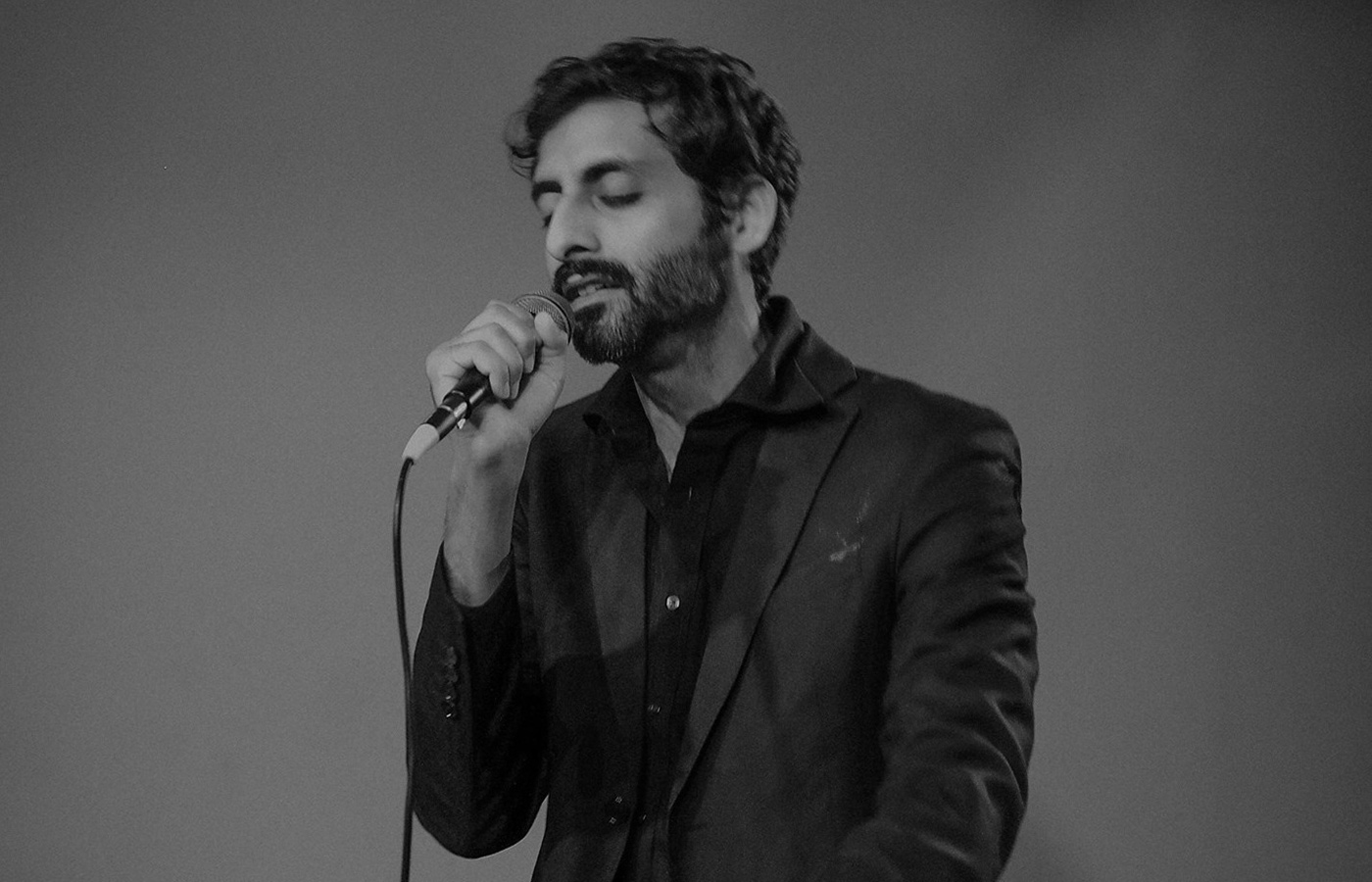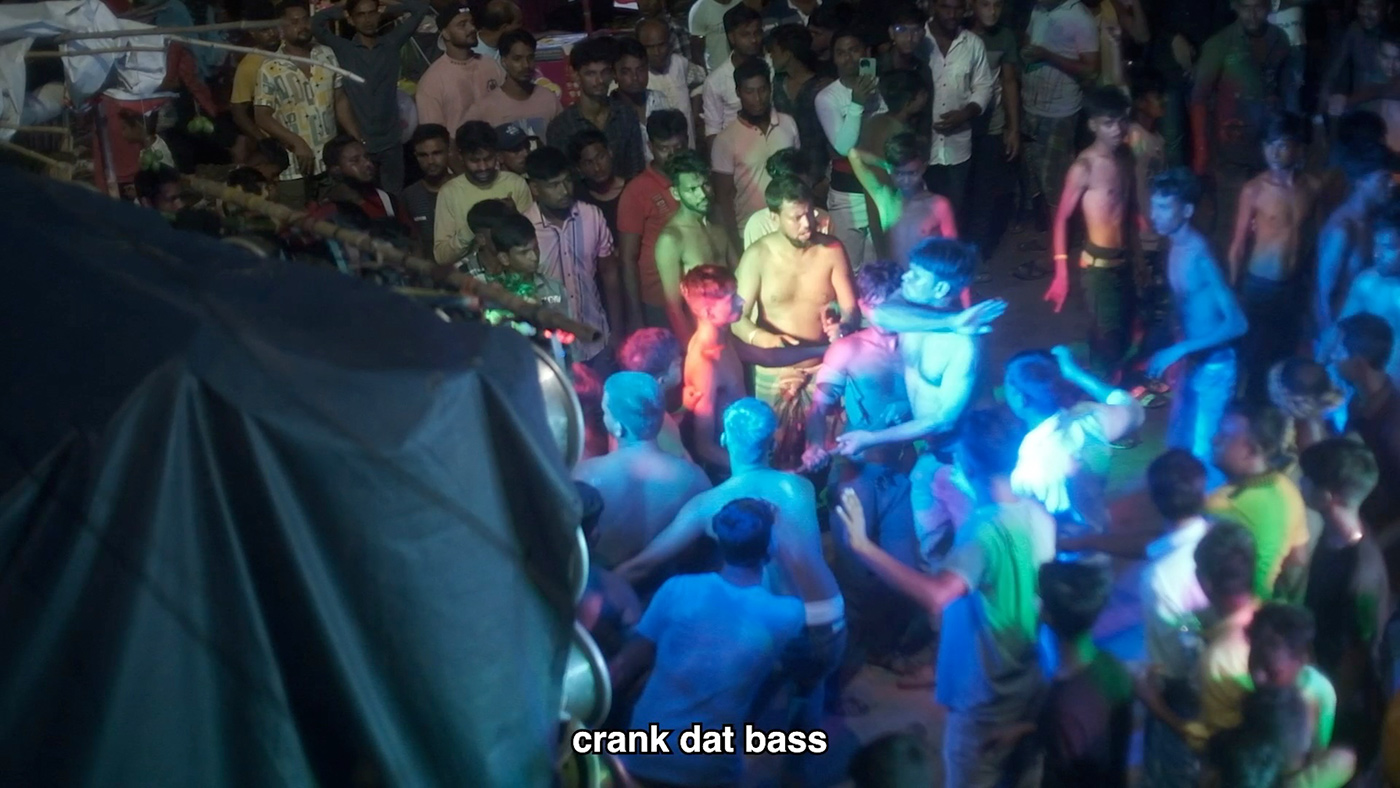Die zeitgenössische elektronische Musikproduktion hat dazu beigetragen, die Erinnerungen einer Generation hier in Indien zu vertonen, aber ein Element fehlt seltsamerweise: die Stimme und die Umgangssprache. Als Lifafa hat Suryakant Sawhney über ein Jahrzehnt damit verbracht, Neuland in diesem Teil der Welt zu erkunden: elektronische Musik, die nicht nur durch Klänge spricht, sondern auch in den sprachen Hindi und Urdu Worte und Bedeutungen umfasst.
Als dieser Film 2015 während seiner Asien-Tournee gedreht wurde, gab es noch wenig Publikum für diese Musik. Zehn Jahre später füllen Sawhneys Werke – sowohl mit seiner Band Peter Cat Recording Co. als auch mit Soloprojekt Lifafa – Veranstaltungsorte weltweit und beeinflussen unzählige andere Musiker in Indien und darüber hinaus. Gleichzeitig schreibt Lifafa ein neues Kapitel der Popmusik, das außerhalb des traditionellen Vehikels für populäre Musik dieses Landes – der Filmindustrie – existiert und bis auf ihn selbst keine wirklichen Vorläufer hat.
Dieser Film, produziert der in Zusammenarbeit mit dem niederländischen Musikfestival Le Guess Who, gibt einen Einblick in die Gedankenwelt eines der visionärsten Musiktalente der jüngeren Geschichte Indiens.
Contemporary electronic music production has served to score the memories of a generation here in India, but with one element strangely absent – voice and vernacular. As Lifafa, Suryakant Sawhney has spent over a decade exploring uncharted terrain in that part of the world: electronic music that not only speaks in sonics, but in embracing Hindi and Urdu, of words and meaning.
At the time this film was shot in 2015 as he toured Asia, the audience for this music was unknown. Ten years later, Sawhney’s work – both with his band Peter Cat Recording Co. and his solo avatar as Lifafa – sells out venues worldwide, influencing countless other musicians in India and beyond, all while forging a new chapter of pop music that exists outside the realm of the traditional vehicle for music in that country – the film industry – and with no real precedent, excepting him.
Produced in partnership with Dutch music festival Le Guess Who, this film explores the compulsion that has underpinned this music’s creation, providing an insight into the mind of one of India’s most visionary musical talents in recent history.
